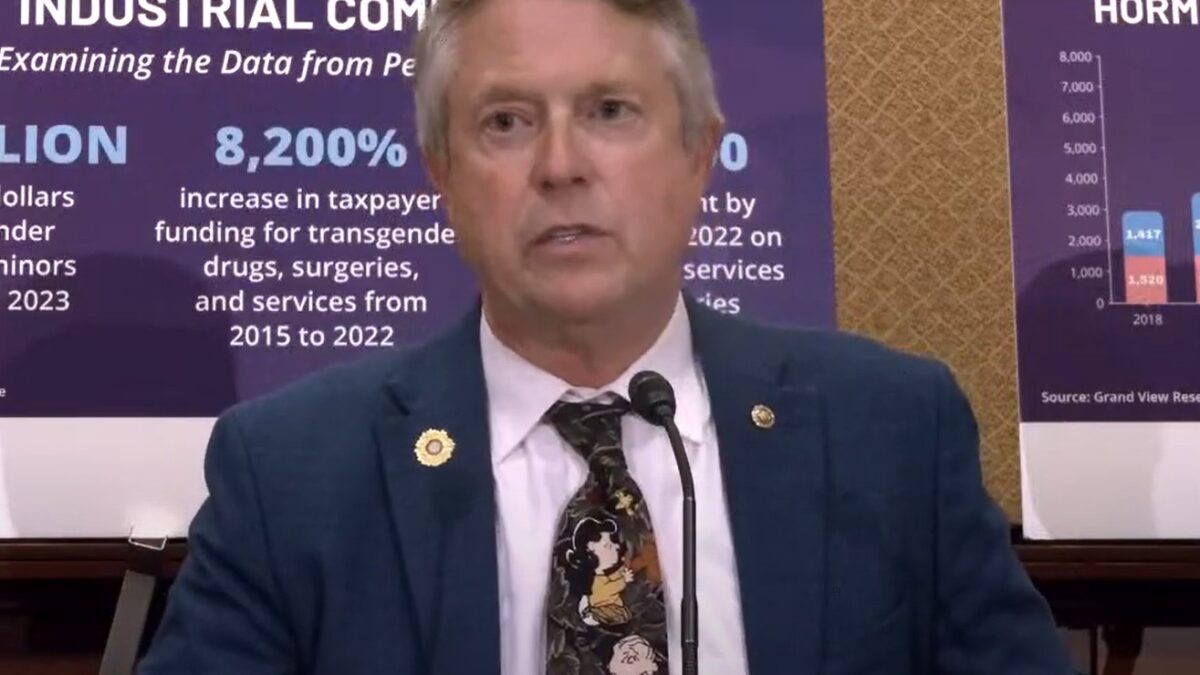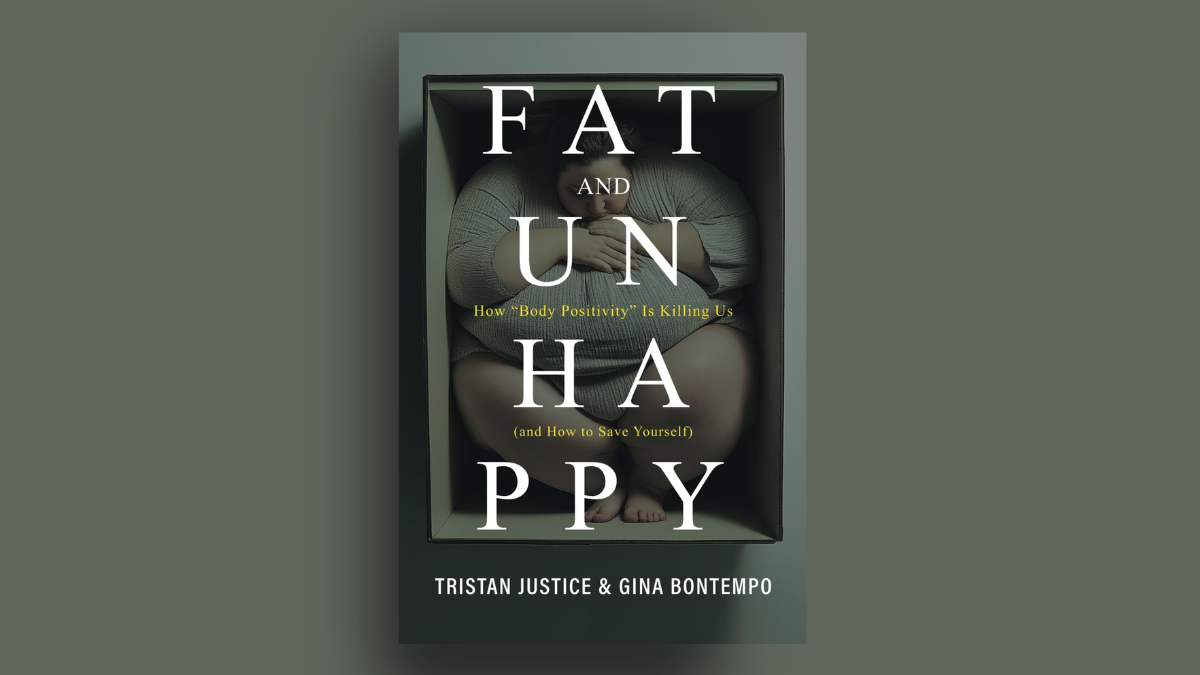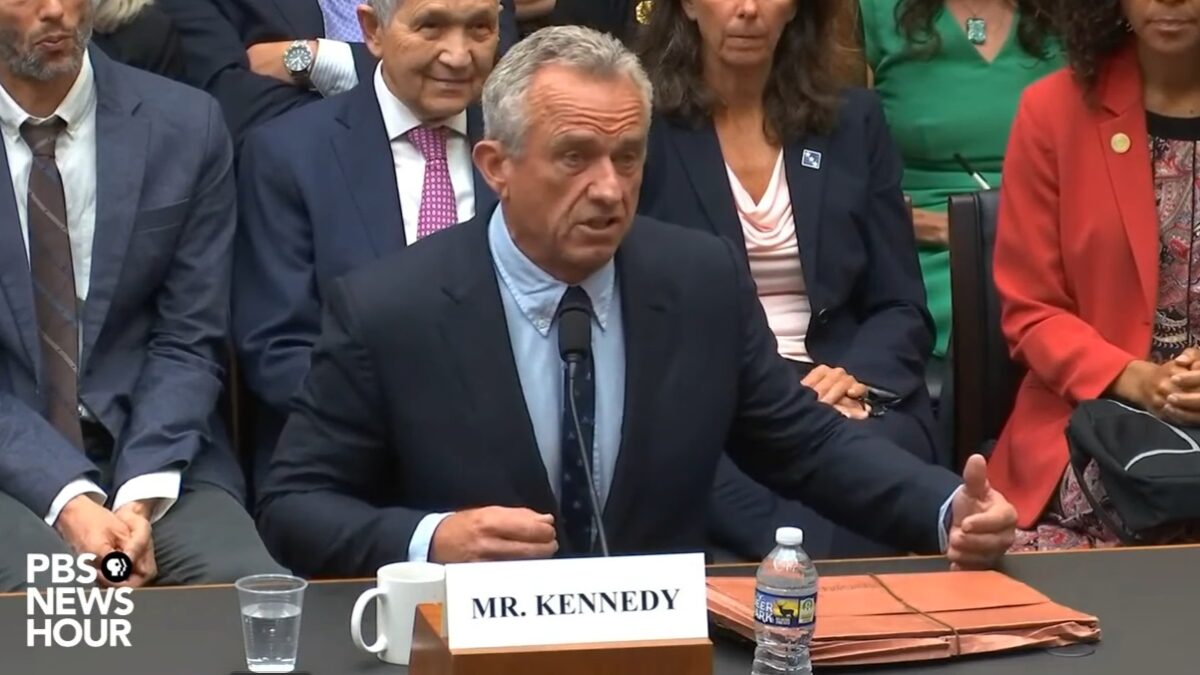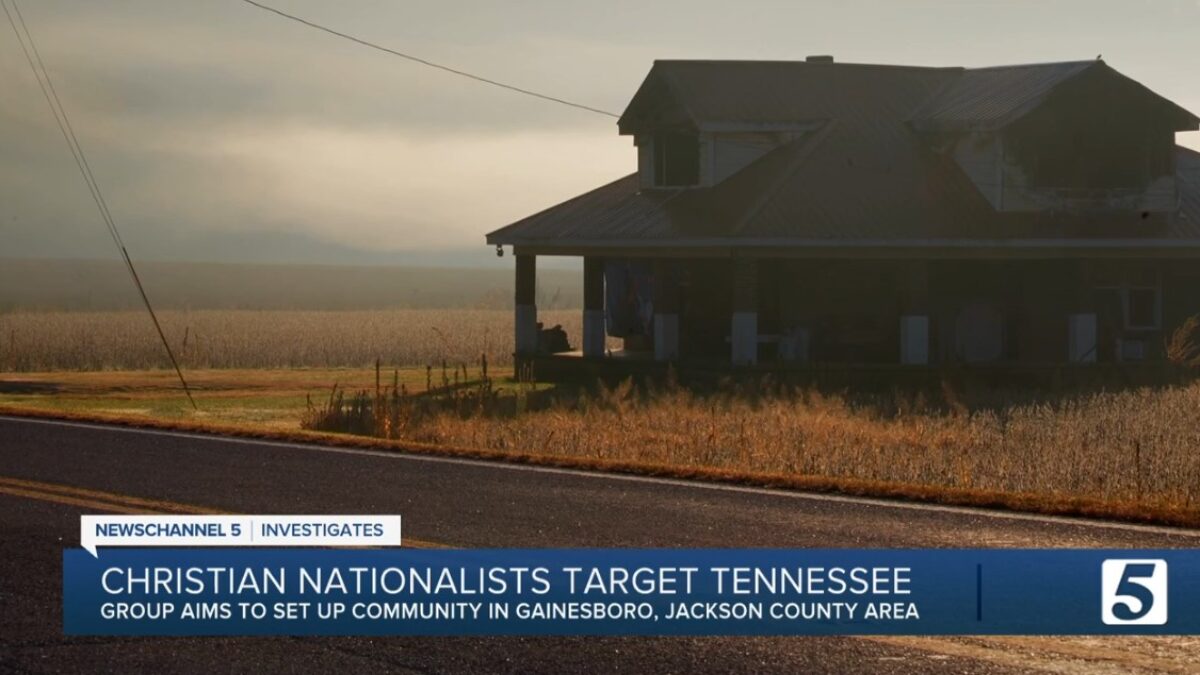
In 2008, I lost a close friend to suicide. The feelings in the wake of that loss were overwhelming. It guts you to the core. It feels like you have something clawing inside of you 24 hours a day. Yet for years I did not talk about it.
You replay, like a tape, in your mind, Why, why, why? What did I miss? What didn’t I see? You replay very vividly the final moments of speaking to that person or the last time you saw that person. What did I say?
People ask those questions when you lose a loved one, but it is particularly intense when it is someone who has lost his life to suicide—because you feel so personally responsible. One of the things I’ve learned is that you will never get over it, but you will get through it.
Starting a Vital Conversation
The only way we can have a productive, meaningful discussion about suicide is by tearing down those taboos of guilt and shame that surround it. Suicide rates are currently at a 30-year high. Every year, more than half a million Americans receive medical care for self-inflicted injuries. Suicide is the second leading cause of death among U.S. students, particularly among males, who have a suicide rate three times more severe than their female peers.
Yet even the word suicide is hard for some people to say. It carries such a weight of fear and grief. To begin to grapple with suicide, first we have to talk about it. Suicide is the symptom of us not talking enough about mental health issues, including in the faith community.
I went into losing my friend thinking that I was going to get back to feeling how I felt before it happened—and you don’t. It changes your life. When the pain began to subside, I was no longer the same. But, in faith, I see that the sum of the good moments outweighs the pain. I didn’t get to tell my friend that, but it’s a truth I hold close today.
Some of those feelings of wondering why, and wondering how much more you could have done, will probably always stick with you. Once you accept that, you can learn to live with that. I will never forget my friend and what he meant to me.
When drawn into the struggles of our time, often we are so daunted because we’re asked to do so much. But the great thing is that it is the small things we say and do that can make a big difference.
How Faith Helped Guide Me Through
To approach the grief I faced following this loss, I have relied a lot on prayer. I have come to know that the feelings of guilt, abandonment, anger—all of those kinds of things that I didn’t expect—are God’s way of helping me through it. I cannot turn away from thinking of my friend, an innocent life lost. He is one whom our Father in heaven grieves over, too.
Feeling those emotions and trying to work through them is not easy. But it is really God’s way of helping you out. Otherwise the only perspective that grips your heart is, I can’t believe God let this happen. God, why did you allow such an awful bad thing to happen? I lived that way for years, and it is not a productive path.
You can never make sense of such an event; you cannot break it down logically. You have to work through these feelings, because that is God walking beside you and helping you go through it. Going through this experience really changed everyday life. When I showed up for Sunday mass, it brought me back to being a part of that experience. It brought me back to a fundamental understanding of why we come together to remember the sacrifice Christ made. It helped me tremendously.
Research conducted over many years has confirmed that religious participation—like going to church once per week or more often—lowers the risk of suicide. The bonds of social connection established in our faith communities are a good thing. Yet there are still more steps for us to take in living out our faith, especially in responding to issues involving psychology and medicine.
You would never walk into church and say to your pastor, “I had a heart attack on Sunday,” and he’d merely sit down, read Scripture, and pray with you. The pastor would also say: “You need to go see a doctor!” We need the same urgency for people suffering from mental illness or who are considering suicide. But too often, people don’t get that kind of direction and support.
Reaching Out with Arms of Love
The challenge for Christians is that the burdens people carry are often invisible. It’s hard because there is a lot of taboo around suicide. People do not like to talk about it, and we often do not notice the early signs.
Somebody who is thinking about suicide could be sitting right next to you in the church pew and you have no idea. When someone has been through chemotherapy, she has lost her hair, she’s thin, and you can tell. But someone who is considering suicide, you may not know.
We know that 90 percent of people who die by suicide have a diagnosable mental health issue. Without our faith leaders referring them for professional psychiatric and counseling help, they are put back into the shadows to suffer alone.
Let us not forget that suicide is a growing issue in the pulpit, too. Having these conversations and really facing these realities is the very first step. My hope is that we can match faith-based counseling with other health-care solutions.
Sometimes if a friend hints at suicidal ideation, believers may want to close the conversation with: “God does not want you to do that,” or simply, “Let’s pray on it.” We cannot stop there. We should counsel that person made in the image of God: “You need to get help, and here are resources I’m aware of in our community.”
God calls us to be compassionate, and hope is so much of what our faith is about. If there is anyone who needs the church’s compassion—the message of hope that comes from faithful believers—it is people who are grappling with mental illness or thinking about suicide. In the context of real relationship, you can ask the hard questions. Give a gentle touch, put down the cell phone and ask, What is going on? You don’t have to tell me everything; I just need to know you’re okay.
I believe everybody is going through something. Even though we look brave, are smiling, happy, and in church every Sunday, people are hurting. It’s the small acts of grace that can save lives. If there is anyone to whom we can extend compassion and put our arms around, it is these precious people.








